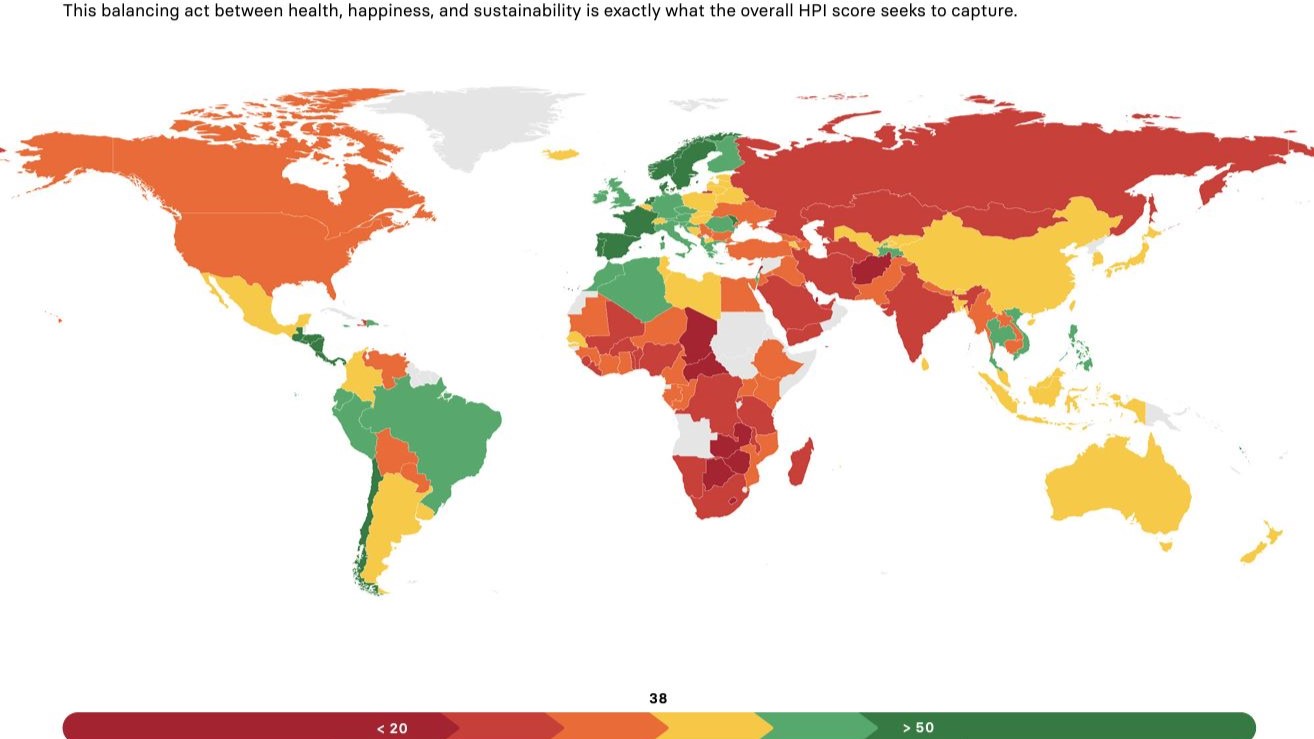The dictionary defines happiness as an emotional state characterized by satisfaction with one’s fate and circumstances. In scientific discourse, the concept of happiness is typically associated with subjective well-being, a framing that somewhat simplifies measurability.1
‘Money does not bring happiness’—so the saying goes, and its truth is continually debated in a world built on material wealth. Happiness can be strongly influenced by a country’s GDP and an individual’s financial situation, but the extent and nature of this influence remain open to scientific debate. The controversial relationship between happiness and material well-being is illustrated by the ongoing discussion surrounding research conducted by Richard Easterlin.
Easterlin’s empirical studies, published in the 1970s, suggest that economic growth does not necessarily lead to greater happiness. While wealthier individuals within a country are generally more satisfied with their lives than poorer ones, increasing material wealth across society does not guarantee a rise in overall happiness. For example, in Japan during the 1960s and 1970s, per capita GDP doubled, yet life satisfaction levels remained unchanged. Similarly, in the United States, real wages have steadily increased since the 1940s, but happiness levels have not shown a corresponding rise. In both cases, satisfaction even declined beyond a certain point.
‘Easterlin’s empirical studies…suggest that economic growth does not necessarily lead to greater happiness’
To challenge the conclusion that economic status and happiness are unrelated, critics of the Easterlin Paradox have produced empirical studies demonstrating a positive correlation between income and subjective well-being. However, subsequent research has reaffirmed the paradox, showing that while the correlation between financial status and happiness is strong at lower income levels, it diminishes significantly as individuals move from material scarcity to material abundance. Some studies have even found that additional material gains—both at the individual and national level—not only fail to increase happiness but may, in fact, reduce it.
It is in this context that the comprehensive research conducted in the spring of 2021 among Hungarian-speaking disadvantaged populations—primarily Roma communities in Transylvania and Upper Hungary (present-day southern Slovakia)—as well as among Hungarian-speaking individuals in Hungary, offers new insights.2
Overall, the survey results suggest that these disadvantaged groups tend to view themselves as more satisfied than dissatisfied. Their reported levels of satisfaction are not extreme but differ only slightly from those observed in national surveys.

This raises the question of whether individuals living in poorer financial conditions are, in fact, more satisfied with their lives than those who are better off. The issue is not new, and the debate remains unresolved, with both supporting and opposing arguments, as well as empirical evidence, emerging in recent years.
In a socio-political quantitative questionnaire survey, we examined the dimensions of life satisfaction in Hungary, Transylvania, and Upper Hungary among a target group of disadvantaged individuals, primarily of Roma background. The results indicate that financial situation, housing conditions, family and relationship ties, and broader support from family and friends are all associated with levels of satisfaction. Generally, the better one’s financial situation and the more stable one’s family and social relationships, the more satisfied—or happier—the individual tends to be.
However, the study does not allow for a clear and definitive conclusion as to whether financial circumstances or human relationships exert a greater influence on happiness among the surveyed populations in Hungary, Transylvania, and Upper Hungary. Based on the analysis of multivariate statistical models, it can be concluded that, in most cases, the explanatory power of variables related to financial and housing conditions was consistently stronger than that of variables related to family status and social ties in predicting levels of satisfaction.
‘The study does not allow for a…definitive conclusion as to whether financial circumstances or human relationships exert a greater influence on happiness’
Nevertheless, before accepting the idea that material wealth is a clear determinant of happiness, it is worth asking why, if this were the case, the overall happiness levels in our target group are comparable to those of society at large. In a recent study, Galbraith and colleagues3 (2024) investigated life satisfaction among Indigenous peoples and members of small communities—groups that typically have low financial status and are often excluded from global surveys. The results show that average life satisfaction in these communities is comparable to that found in wealthy countries. The researchers conclude that high levels of life satisfaction do not require material wealth, as the roles of community and the natural environment may compensate for economic disadvantages.
This suggests the need for a more nuanced approach when asking people how satisfied they are with their lives—and for considering the benchmark each respondent uses when formulating their response. How does the respondent interpret the measurement tool we are using? It is easy to see that the meaning of satisfaction may differ significantly depending on one’s circumstances. For example, for those focused on basic security—following Maslow’s hierarchy of needs—satisfaction may be tied to stability and safety, whereas for others whose lower-level needs have already been met, satisfaction may be more closely associated with relationships or self-actualization.
- Ed Diener, ‘Subjective well-being’, Psychological Bulletin, 95(3), 1984, pp. 542–575, https://doi.org/10.1037/0033-2909.95.3.542. ↩︎
- Székely Levente, ‘A boldogság természete a hátrányos helyzetű társadalmi csoportokban’, In: Székely Levente & Illyés Szabolcs (eds), Aranypántok – Magyar romák és hátrányos helyzetűek a Kárpát-medencében, MCC Press, Budapest, 2024, pp. 217–242. ↩︎
- Eric D Galbraith et al, ‘High life satisfaction reported among small-scale societies with low incomes’, Proceedings of the National Academy of Sciences of the United States of America, 121(7), Article e2311703121, https://doi.org/10.1073/pnas.2311703121. ↩︎
Related articles:







